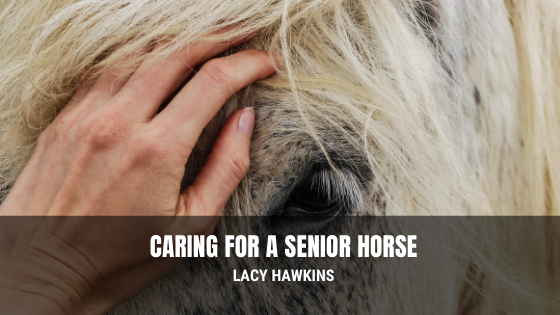Horses are highly handy animals that are very active in their peak years. However, once they start aging, they lose a lot in terms of agility and capability. Such horses need specialized attention to keep them healthy and motivated. When caring for an aging horse, it is crucial to focus on certain key areas, as explained here.
Prioritizing dental health
Aging horses may suffer various dental diseases and problems. Such problems may make it difficult for the horses to feed and may even impact other aspects of life, such as general activity. It is, therefore, advisable to ensure that the elderly horse is regularly subjected to horse dental assessment where the teeth are checked for any anomalies. Common dental problems include loose teeth, sharp hooks, or even diseased roots that may progress on to more serious health problems if unchecked.
Weight management
Very few horse owners understand the accurate weight profile of a good and healthy horse. During their young and peak ages, horses tend to be lean, healthy, and muscular. As they age, however, they tend to gain weight and experience insulin metabolism abnormalities. This leads to the development of other physiological conditions, such as hoof disease laminitis. Senior horses should thus be regularly subjected to tests for equine metabolic syndrome. Horses that are under threat of gaining too much weight or experiencing too much weight loss should be subjected to a regulated diet of sugars and starch.
Assessment for chronic pain
As they age, houses may experience various levels of bodily injury, ranging from burn injuries to muscle injuries or even skin damage. Some of the common forms of injuries leading to chronic pain involve musculoskeletal problems. This often arises due to the wearing of joints, cartilage, and tendons. Since these structures are weakened with time, it is recommended to conduct regular pain assessments to check for symptoms of arthritis, swellings, or even difficulty in mobility.
Maintaining social network
Believe it or not, horses are highly social animals, just like humans. As they age, it is essential to maintain the social circle by ensuring that they are always in the accompaniment of other horses and the owner. When caring for aging horses, it is recommended to ensure that they have access to a comfortable social life. Generally, older horses should not be sold out to new owners as that may destabilize the social bonds of companionship that the horse may have developed over the years.
